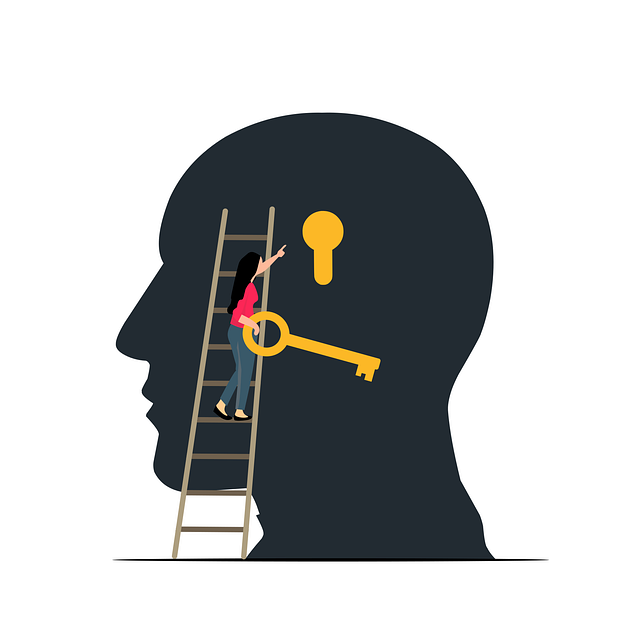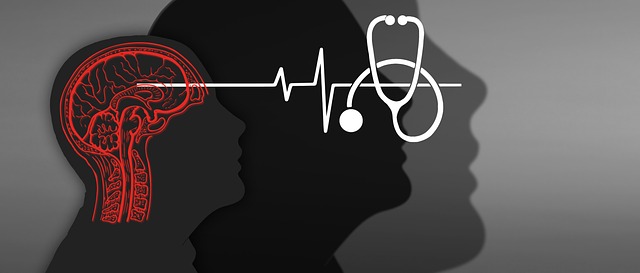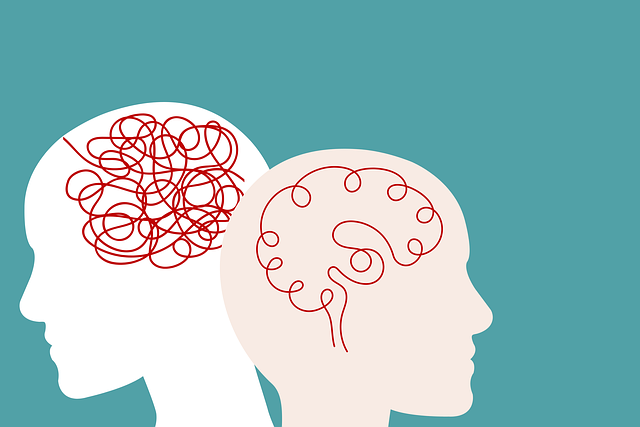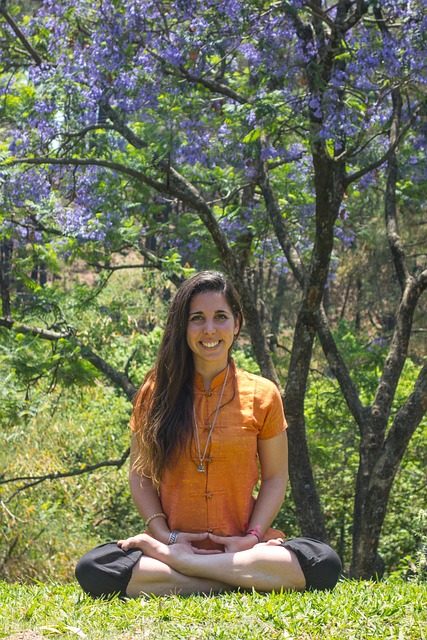Mental wellness groups in Louisville Child Abuse Therapy settings offer transformative support, empowering individuals with coping strategies and emotional expression tools. Skilled facilitators, essential for success, guide participants through safe, facilitated sessions, encouraging self-reflection and building resilience. Engaging activities, such as journaling, role-playing, and group discussions, create an inclusive environment fostering camaraderie and real-life application of learned skills. Sensitive topics are addressed with clear guidelines, ensuring confidentiality and respect while modeling healthy communication strategies. Success is measured through pre/post assessments and community education, ultimately promoting healing in Louisville Child Abuse Therapy.
Mental wellness group facilitation is a powerful tool for fostering healing and support. This article explores effective techniques for leading groups, focusing on creating safe spaces for vulnerable individuals. We delve into the role of facilitators, essential skills for engaging participants, and strategies to navigate sensitive topics like Louisville child abuse issues. Additionally, we discuss measuring success in group therapy, providing a comprehensive guide for professionals aiming to enhance mental wellness through collaborative support.
- Understanding Mental Wellness Groups: Creating a Safe Space
- The Role of a Facilitator: Skills and Responsibilities
- Engaging Participants: Strategies for Effective Group Interaction
- Addressing Sensitive Topics: Handling Louisville Child Abuse Issues
- Measuring Success: Evaluating the Impact of Group Therapy
Understanding Mental Wellness Groups: Creating a Safe Space

Mental wellness groups are a powerful tool for fostering support and understanding among individuals facing similar challenges. In Louisville Child Abuse Therapy contexts, these groups create a safe haven where participants can share their experiences, connect with peers, and learn effective coping strategies. The environment is meticulously designed to encourage open dialogue and promote healing.
Through facilitated sessions, group members gain valuable insights into managing conditions such as depression and anxiety. Activities like mental wellness journaling exercises not only enhance self-esteem improvement but also provide an outlet for emotional expression. Facilitators play a crucial role in ensuring everyone feels comfortable, fostering a non-judgmental atmosphere essential for depression prevention and overall mental wellness.
The Role of a Facilitator: Skills and Responsibilities

In facilitating mental wellness groups, especially those focusing on sensitive topics like Louisville Child Abuse Therapy, the role of a skilled facilitator is pivotal. They act as navigators, guiding participants through complex emotional landscapes with empathy and discretion. A facilitator isn’t just a observer; they actively foster a safe, inclusive environment where each individual feels heard, respected, and supported throughout the self-care practices and emotional healing processes.
Their responsibilities encompass a range of skills: active listening to ensure every voice is heard, reflecting emotions back to participants to validate their experiences, and using open-ended questions to encourage deeper exploration and understanding. They must also possess excellent interpersonal skills, demonstrating cultural sensitivity and adaptability to meet the diverse needs within the group. Ultimately, the facilitator plays a crucial role in enhancing mental wellness by enabling participants to develop coping mechanisms and cultivate resilience through shared experiences and collective support.
Engaging Participants: Strategies for Effective Group Interaction

Creating an engaging and interactive environment is key to facilitating successful mental wellness groups. To encourage active participation in Louisville Child Abuse Therapy settings or similar contexts, consider employing diverse strategies that cater to various learning styles. Starting with icebreakers and sharing circles can help build camaraderie and foster a safe space for expression. These initial activities not only break the ice but also establish norms of respectful communication, setting the tone for the entire session.
Incorporating interactive elements like role-playing scenarios or group discussions allows participants to apply coping skills development techniques in real-life contexts. Facilitators can prompt resilience building through guided visualizations or collaborative problem-solving tasks, ensuring every member feels heard and valued. Regular feedback sessions and peer support initiatives also promote active engagement, encouraging open dialogue and strengthening the sense of community within the group. These interactive approaches are integral to the Mental Wellness Podcast Series Production, enhancing the overall therapeutic experience.
Addressing Sensitive Topics: Handling Louisville Child Abuse Issues

Facilitating discussions on sensitive topics like Louisville child abuse issues requires a delicate balance. As a group leader, it’s crucial to create a safe and non-judgmental space where participants feel empowered to share their experiences. This often involves establishing clear guidelines for confidentiality and respect, ensuring every voice is heard without fear of repercussions.
One effective technique is to model healthy communication strategies and coping skills development through interactive exercises. These can include stress management workshops that teach mindfulness techniques and help individuals process difficult emotions. By incorporating these tools into group sessions, facilitators can aid members in managing the emotional weight of their experiences while fostering a sense of community and support, ultimately contributing to Louisville child abuse therapy and recovery.
Measuring Success: Evaluating the Impact of Group Therapy

Measuring success in group therapy sessions is a multifaceted process that goes beyond mere attendance or completion of sessions. Effective facilitation techniques aim to quantify and qualify improvements in mental wellness among participants, particularly those recovering from traumatic experiences like Louisville Child Abuse Therapy. This involves pre- and post-session assessments to gauge progress, using tools such as standardized questionnaires and personal narratives.
The impact of group therapy extends beyond individual healing; it also contributes to the development of resilience within the community. Mental health professionals can enhance these outcomes through well-designed Mental Health Education Programs that equip members with coping strategies and promote peer support. Moreover, integrating Trauma Support Services tailored to specific needs ensures a holistic approach, fostering environments where individuals feel safe to share, process, and heal from their experiences.
Mental wellness group facilitation is a powerful tool for fostering recovery and resilience, especially in communities affected by sensitive issues like Louisville child abuse. By creating safe spaces, skilled facilitators can engage participants effectively, encourage open dialogue, and provide support tailored to each individual’s needs. This holistic approach not only enhances the well-being of those within the group but also leaves a lasting impact on their lives. Effective facilitation techniques, as discussed in this article, are key to successful group therapy, offering hope and healing for those navigating the challenges of mental health and trauma.














